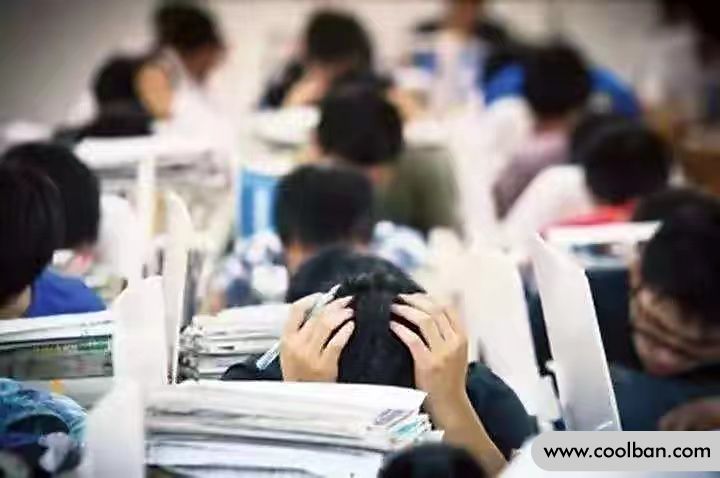3 Types of Test Anxiety
Before we understand how test anxiety affects us, let’s explore what exactly is test anxiety. This is because different types of anxiety have different levels of influence and coping strategies. The so-called test anxiety refers to a series of abnormal physiological and psychological phenomena caused by excessive test pressure, including anxiety before the test, anxiety during the test (dizziness on the spot) and anxiety after the test. The three types of anxiety are described below.

Type 1: Pre-exam anxiety
Test anxiety is a kind of anxiety related to the test situation, which can appear in people of different ages. Including dizziness, chest tightness, difficulty breathing, frequent urination, dry mouth, frequent sweating, etc.; sometimes conscious: including stress, fear (including fear of failure), inability to concentrate, easy to worry about gains and losses, and pain, even It is prone to emotional loss of control and other situations, but often somatic symptoms and conscious symptoms will appear at the same time. At the same time, pre-exam anxiety is also regarded as a mental illness. It will greatly affect our review and preparation of emotions, and make us in a state of anxiety and stress for a long time.
This type should strengthen the popularization of students' knowledge of test anxiety. For example, when students first enter the campus, relevant psychological knowledge should be involved. The educational content should be close to students, daily life, and practical problems. The educational process can be experimentally educated according to the processes of "what is anxiety before the test", "why is there anxiety before the test", and "what should be done about anxiety before the test". Can vary. Students themselves must learn to vent reasonably, adjust their psychological state, relieve the pressure of study, and open their minds. Listening to music, going for a walk in the wild, playing sandbags, talking to your friends, etc. are all good ways to vent. Only after mental adjustment can you relax and face the exam with the correct attitude, so as to play your best level.

Type 2: Exam anxiety
Exam anxiety refers to the situation where our minds go blank or even faint when we answer the questions.
This type reinforces the student's mitigation skills. The most important thing in the exam process is to let students know how to relieve their anxiety, how to calmly deal with the exam, and get good grades. Do some confidence training and relaxation training, strengthen cues, and increase self-confidence. Relaxing the muscles and the brain can relieve tension. This type is at the practical level and requires students to master themselves.

Type 3: Post-exam anxiety
Post-exam anxiety refers to the self-blame, annoyance, frustration, self-denial, depression and other emotions that students feel after they finish the exam and feel their unsatisfactory exam results.
This type should strengthen the self-adjustment of students after the exam. Different people have different feelings about the tension and pressure brought by exams. Some people just get a good night’s sleep, while others think too much for a long time and get caught in exam anxiety for a long time, unable to extricate themselves. The former type is not bad, especially the latter type. You need to learn how to adjust yourself. The recommended methods are: sleep elimination method, sufficient sleep can be exchanged for a clear mind; exercise elimination method, proper exercise can relax the nerves; There are attention diversion method, emotional catharsis method, diet therapy, music therapy and so on. Appropriately reduce the pressure of the surrounding environment, reconcile yourself with yourself in response to various worries, and use this rational emotional therapy to correct the anxiety after the test.
